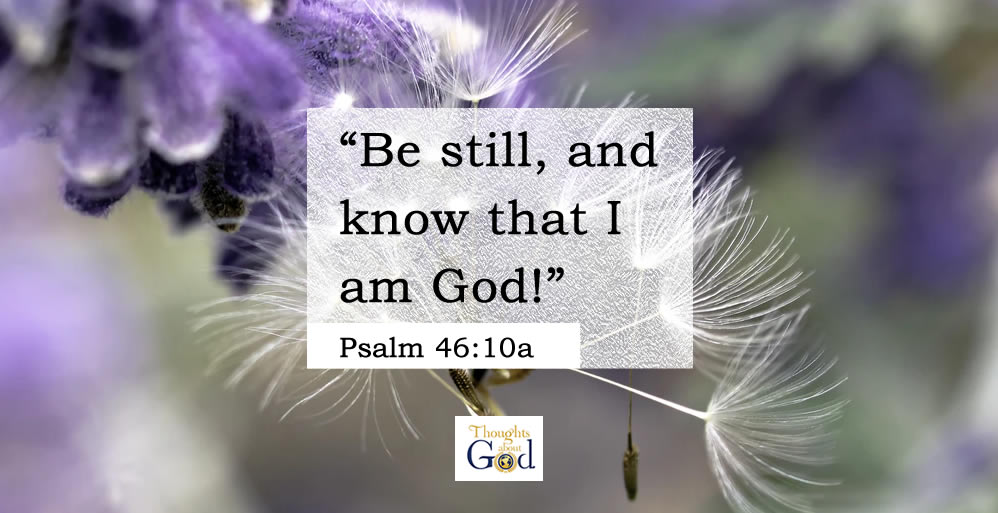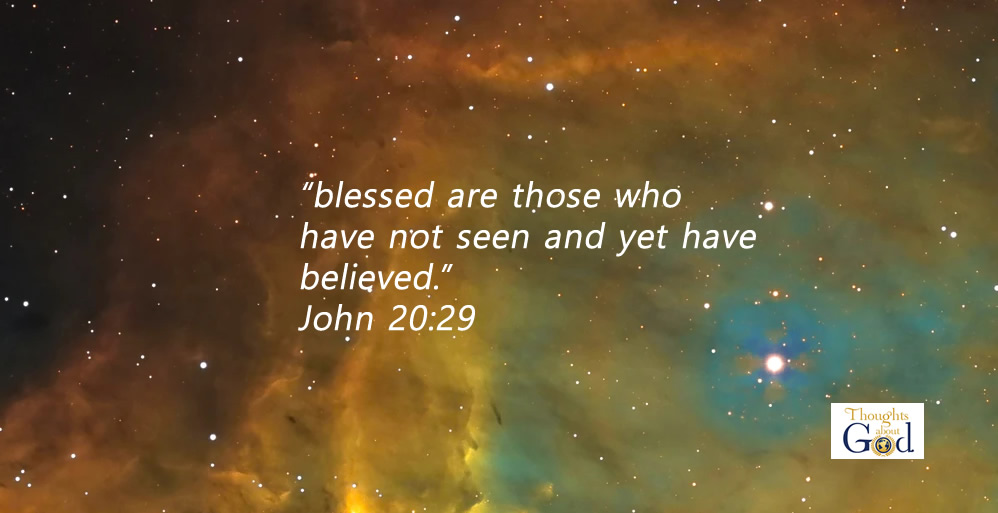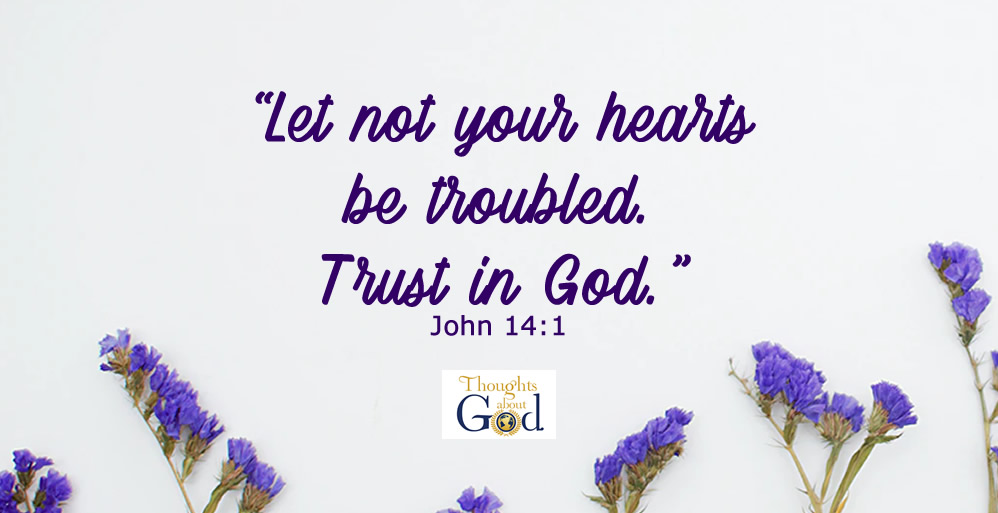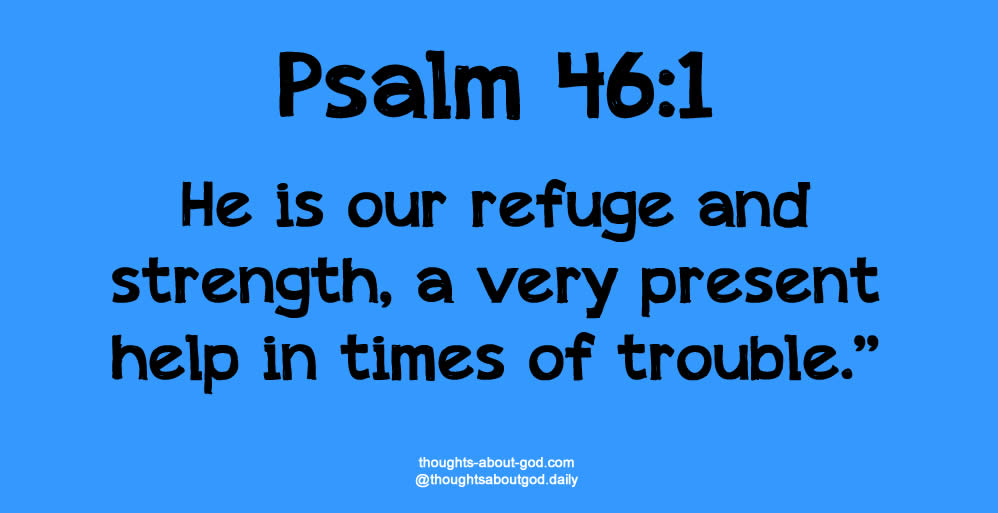Where do you most often think of God “residing”?
Shepherds in the field abiding,
Watching o’er your flocks by night
God with us is now residing . . .
(James Montgomery)
Where do you most often think of God “residing”? Quick answers might include “he’s in my heart“, or “I feel his presence in the church sanctuary” or perhaps even “I feel him near when surrounded by the beauty of nature“.
How interesting that God chose shepherds as recipients of the “birth announcement” of the Savior. Shepherds weren’t men who worshipped in sanctuaries with stained glass windows. They lived most of the year outside, usually clothed in rough sheepskin pelts. No shower stalls in the desert. Sheep’s wool is dirty and oily, so those who handle them are the same. The fact that they couldn’t bathe properly and were constantly dealing with blood of the birthing of lambs kept them ritually unclean. There despised by the nicer folk.
When I hear this description, I think of the homeless people who walk the streets of our town . . .right past our church doors. Their hair is straggly, their body odour is pungent, their clothing —–while not made of pelts—is equally as strange. And it is to these blessed individuals the announcement is made:
Unto YOU a Savior is born . . .
What is my response?
by Marilyn Ehle
Used by Permission
Image Credit: Shepherds Abiding in the Fields is a piece of digital artwork by Mario Carini which was uploaded on September 22nd, 2018
Further Reading
• Come Worship the King – One way to celebrate Christ’s birth as a family
• A Mysterious Christmas Gift – a Man’s Reflection
• Salvation Explained
Follow Us On: Facebook • Twitter • Instagram • Pinterest



















